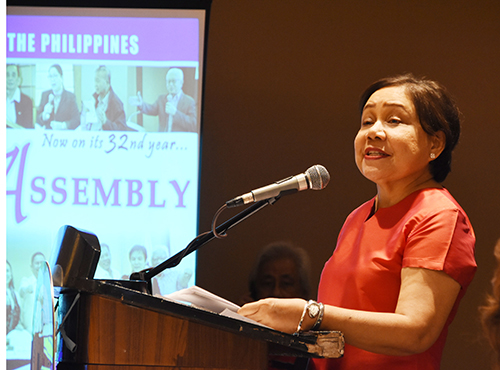


Looking back, the process could have been a lot more intentional. But most of it came from a passion to work in teams, participate in projects, improve quality of care, and bridge the communication gap between my physician colleagues and the hospital C-suite.

The tedium of daily practice, increasing paperwork, and declining reimbursements partly fueled my desire to make the shift. I finally started to seriously consider a full-time career in hospital management 13 years after residency. Thinking it would help with my occ-med work, I pursued a master's degree in public health. I really enjoyed the management work, and looked for more opportunities to do it. I made these changes over several years without any specific plan. This included developing policies and procedures, supervising a PA or NP, and doing a walk-through of a local factory.Īs the demands on my time increased, I cut back my clinical duties. Later they asked me to provide part-time administrative support. Later, I began to cover a few shifts at the hospital’s new occ-med clinic. And I filled in at the family planning clinic. In the early years of my practice, I joined the CME Committee at my hospital. Other clinics and committees sought my help.
#Hasten program full
I was working full time as a family physician, with a fairly busy practice. Atchley’s office by calling (865) 974-6526 or by going to /physicianmba.Īlright, let’s get to today’s episode, in which I describe some simple tactics you can implement to help hasten your career transition. If you want to acquire the business and management skills needed to advance your nonclinical career, contact Dr. Graduates have taken leadership positions at major healthcare organizations and have become entrepreneurs and business owners. The curriculum includes a number of major assignments and a company project, both of which are structured to immediately apply to each student’s organization. University of Tennessee PEMBA students bring exceptional value to their organizations by contributing at the highest level while earning their degree. And, it’s offered by the business school that was recently ranked #1 in the world for the Most Relevant Executive MBA program, by Economist magazine. Unlike most other ranked programs, which typically have a duration of 18 to 24 months, this program only takes a year to complete. The UT PEMBA is the longest running and most highly respected physician-only MBA in the country, with over 650 graduates. Kate Atchley, the Executive Director of the program, in Episode #25 of this podcast. īefore we get started, I want to thank our sponsor, the University of Tennessee Physician Executive MBA Program offered by the Haslam College of Business. Today I'd like to discuss 5 simple tactics that will hasten your transition to a nonclinical career.


 0 kommentar(er)
0 kommentar(er)
